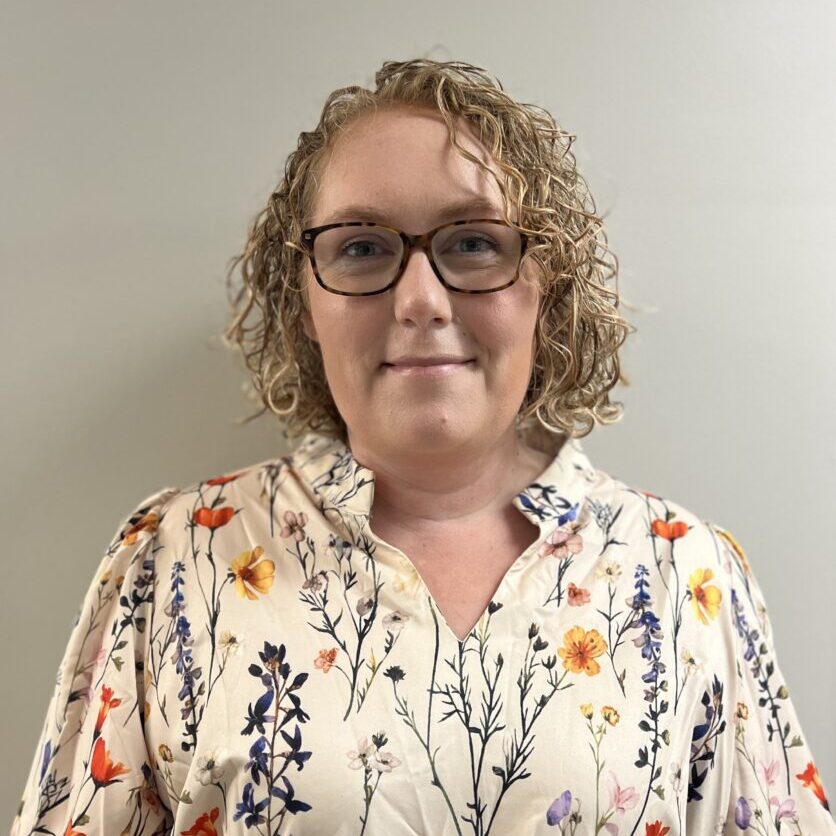
The Master of Arts in Clinical Psychology (MA) is an intensive program designed to provide students with the knowledge and skills to become limited licensed psychologists.
The curriculum challenges students to integrate core knowledge of psychology with emerging clinical skills and attitudes. The program bridges traditional and applied programs by emphasizing psychological theories and concepts, personal experience, clinical training, and research. The instructional format is interactive and combines a variety of teaching methods.
Program faculty have responsibility for the integrity of the academic program. Faculty continually assess and enhance the program’s content and requirements to meet the needs of the field of psychology.
Graduates of this accredited program are eligible to apply for the Temporary Limited License in Psychology (TLLP) in the State of Michigan. After successfully completing 2,000 postgraduate hours of supervised clinical experience, and passing the Examination for Professional Practice in Psychology (EPPP), graduates may apply for the Permanent Limited License (LLP) at the Master’s level.
Students have the option of enrolling in day and/or evening classes. Sixty credit hours are required to complete the degree. Program lengths can vary.
MA Program Goals
-
Students achieve an understanding of their personal and professional responsibilities as practitioner-scholars.
-
Students acquire the knowledge and skills to qualify as licensed clinicians in areas of assessment, intervention and treatment outcomes.
-
Students acquire knowledge of multiple psychological orientations with an emphasis in humanistic, existential, and phenomenological psychology and psychotherapy.
-
Students acquire the skill to analyze and evaluate psychological research and determine applicability to clinical practice.
-
Students achieve an understanding of and respect for the cultural and individual differences necessary to become culturally responsive therapists.
Professional development and personal growth are integral to the degree programs at MSP, and many aspects of the educational process are based on experiential learning and self-exploration. Students participate in courses, group process, and other related activities that require self-exploration, dialogue and expression of personal information. In addition, courses, clinical supervision or other program-related activities may require classroom presentations and/or written assignments that involve the communication of personal information.
